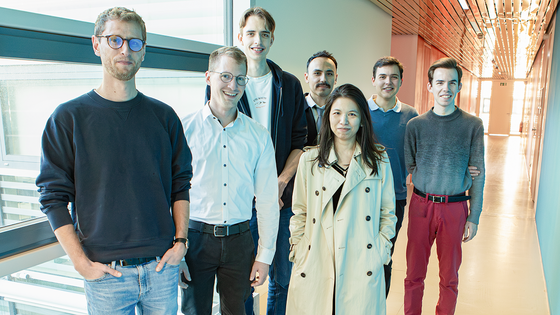High-Performance Computing Center Stuttgart

A new HLRS initiative is planning collaborations that will investigate the potential of quantum, neuromorphic, and other emerging computing architectures to accelerate its users' workflows.
As a German national high-performance computing (HPC) center affiliated with the Gauss Centre for Supercomputing and the University of Stuttgart, HLRS offers world-class supercomputing power and solutions to support scientific discovery and industrial innovation.
Feb 10 - 12, 2026
Hybrid, Stuttgart
English
Feb 16 - Mar 20, 2026
Online (flexible)
German
Feb 19, 2026
Online
Feb 20, 2026
Online
Feb 23 - 27, 2026
Online
English
Funding for HLRS supercomputers is provided by the German Federal Ministry of Research, Technology and Space through the Gauss Centre for Supercomputing, and the Baden-Württemberg Ministry for Science, Research and Arts.